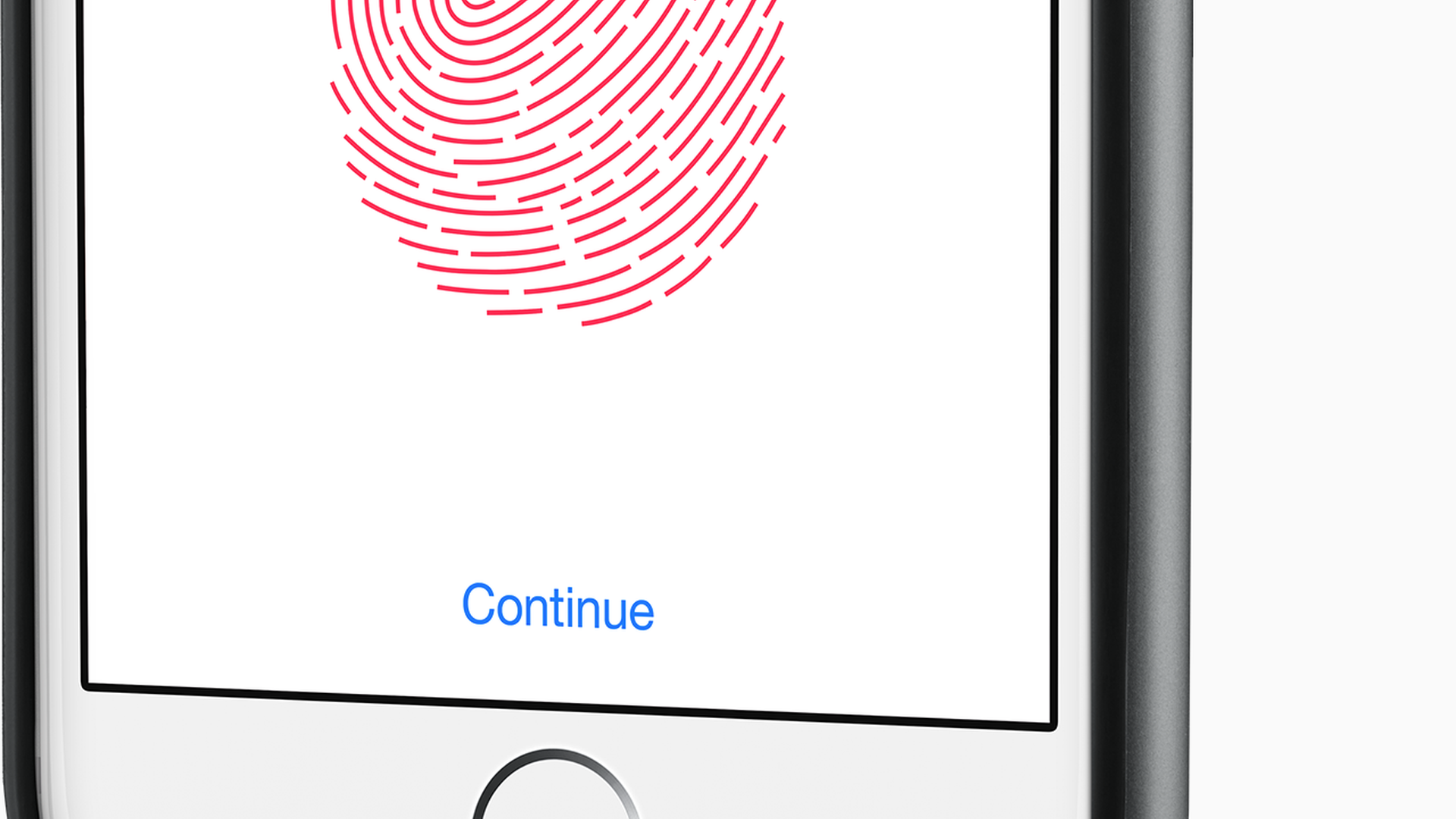Apple signals fight over access to Pensacola shooter's iPhones
Add Axios as your preferred source to
see more of our stories on Google.

Photo: Apple
In a situation that greatly resembles the aftermath of the 2015 San Bernardino shooting, the Justice Department wants access to encrypted iPhones tied to the Pensacola, Fla. Naval Air Station shooting. Apple, for its part, is strongly hinting it will challenge a demand to do so.
Why it matters: The San Bernardino standoff ended without a legal determination when the FBI withdrew its request. Whether law enforcement has the right to access encrypted data on smartphones remains unsettled and is one of the most hotly debated issues in tech, with no clear middle ground.
- Apple will, with a court order, provide law enforcement with data on its servers, including data backed up from iPhones.
- However, in the past the company has refused requests to access encrypted data on the phone, which could be accomplished only through rewriting its software, such as to allow an unlimited amount of guesses at a user's passcode.
- With its statement Monday, Apple is suggesting it will take a similar stance here
Flashback: In the San Bernardino case, Apple challenged the FBI under similar circumstances. The case was never resolved legally, and ended when the FBI withdrew its request after the agency had found another way into the phone.
What they're saying: Attorney General William Barr called for tech companies to provide the government with broader access to encrypted devices. Barr said, per the New York Times, that Apple has provided no "substantial assistance."
- “We don’t want to get into a world where we have to spend months and even years exhausting efforts when lives are in the balance,” Barr said, according the Times. “We should be able to get in when we have a warrant that establishes that criminal activity is underway.”
Apple, for its part, said "we reject the characterization that Apple has not provided substantive assistance in the Pensacola investigation."
- "Our responses to their many requests since the attack have been timely, thorough and are ongoing," the company said in a statement to Axios. "Within hours of the FBI’s first request on December 6, we produced a wide variety of information associated with the investigation. From December 7 through the 14th, we received six additional legal requests and in response provided information including iCloud backups, account information and transactional data for multiple accounts."
- A request for information on a second iPhone came a month later, Apple said.
A Department of Justice representative was not immediately available for further comment.
Go deeper: Distrust of tech could be encryption's Achilles heel
